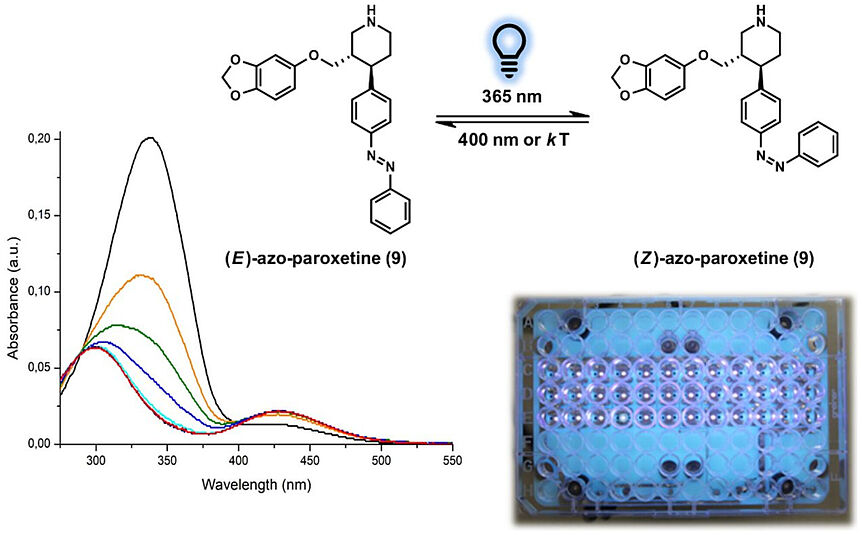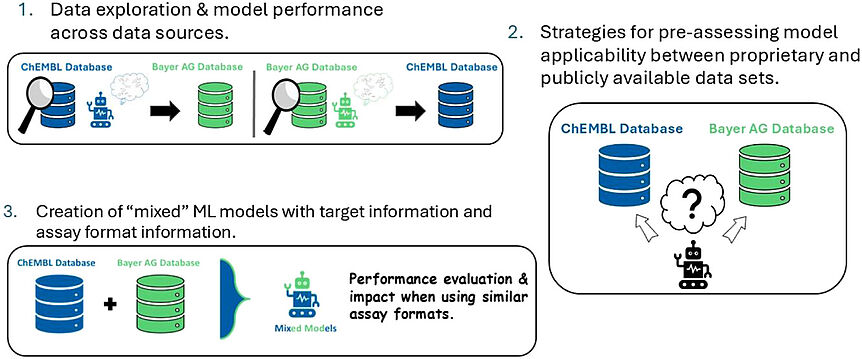Lars was one of the funniest colleagues from the start. Always a smile. All this combined with brilliant scientific skills has made Lars a perfect scientist.
Now we have to say goodbye, but we are all sure here, Lars will be even more successful than before. Thank you for all your tips and tricks, all your help and support with so many different questions. Just thank you!
We can only say to your future colleagues: Congratulations, the team is perfectly complemented by someone like Lars and work will be much more fun together with him.
Stay as you are. We wish you all the best for your future path.




